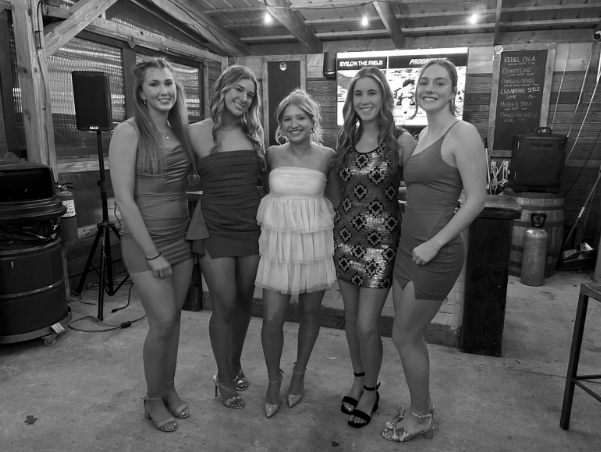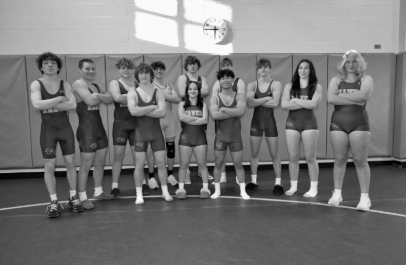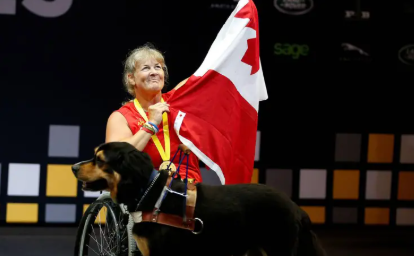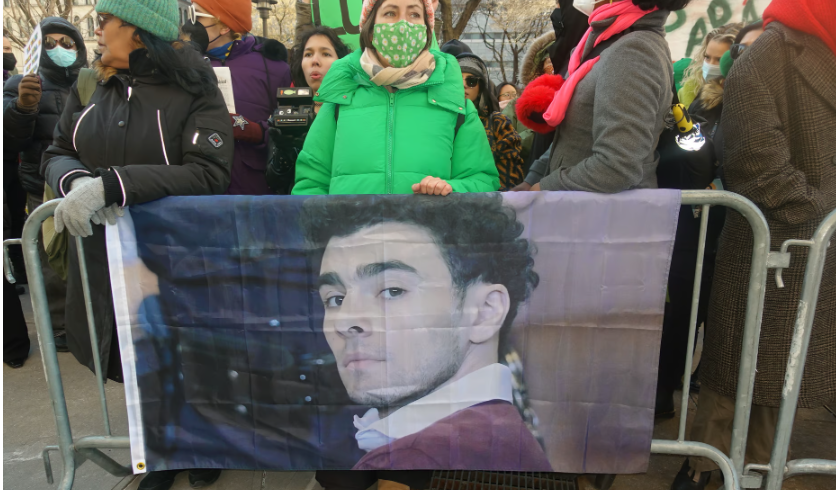Bancells makes it to Hall of Fame; Retired athletic trainer for Orioles receives recognition
January 19, 2023
Richie Bancells, retired head athletic trainer for the Baltimore Orioles from 1984-2017 and recently added member of PBATS Hall of Fame on Dec. 9, 2022, is a person who is recognized for his countless contributions and accomplishments, benefitting the Orioles for decades.
At the very beginning, Bancells first got his job position “when [he] was going to graduate school, it was suggested to [him] as a resume builder that [he] work with a minor league team. So, [he] was lucky enough to get a job in the minor leagues with the Orioles, and it started in 1978 in Bluefield, West Virginia. [He] was there for two years, and [he] was lucky enough to get called up and spent the rest of [his] career with the Orioles in Baltimore.”
When first beginning his career in the big leagues, Bancells noted that “It was kind of both a feeling of accomplishment, but that was very short lived, because it was one thing to get there and it’s another thing to stay there for a whole career. So, [he] was excited and all, but [he] also realized [he] had a lot of anxiety and apprehension because [he] had to do a good job in order to stay there.”
Bancells wished to better the team; the main goal in mind “was to get better everyday to improve the department and improve ourselves. He said, “There’s three things that you can do everyday, whether you’re an athletic trainer or as a person to improve yourself. And the three areas you should try to improve yourself are intellectually everyday – that’s like reading something academically that improves your mind – improve yourself physically, keep yourself healthy and fit, and probably the most important to improve yourself spiritually every day.”
Three words that Bancells noted that can summarize his experience as the Orioles head athletic trainer is “excitement, just because [he] was excited to come to work every day; Happiness, because [he] was fortunate enough to do something [he] loves; and dedication – [he] wanted to dedicate [himself] to the job to do the best job [he] could everyday, not worry about the clock, not worry about how long [he] was there or anything, and [he doesn’t] think you worry about it, the length of time you’re there when you’re doing something you love.”
What Bancells has learned most from this particular job is mainly “about people, probably more than anything. [He’s] learned how to develop relationships and how to deal with people. A wise athletic trainer once told [him], there’s something special about putting a band-aid on a person. And that’s kind of a metaphor in a sense, because that person feels like they have a friend for life, and they’re indebted to you, and [he] thinks[s] learning how to make relationships with people is probably the thing [he] learned more than anything else.”
The places he has traveled because of his job gave Bancells the opportunity to have been all around the world. He worked in “winter ball places like Puerto Rico and Venezuela, [he’s] been to the Dominican Republic, [he’s] been to Japan a couple times, [he’s] been so many places all over the country all the cities in the major leagues; Canada, [he’s] been fortunate to travel a lot of places, England.” He notes that “it’s just been a blessing to be able to see all those places and fortunately work at the same time over there.”
Bancells mentions that in an experience sense, “probably the most rememberable thing to [him], actually came from not on the baseball field, but away from it in a sense. [He] worked so many years with Cal Ripken, and [their] timing was such that [Ripken’s] first day was [Bancells’] first day in the minor leagues, and [they] spent [their] whole careers together. And when [Ripken] was inducted into the baseball hall of fame, [he] attendant and [he] was one of seven people that [Ripken] mentioned in his acceptance speech to say thanks to. And it was a very overwhelming and emotional honor, that [Ripken] would mention [Bancells] in his speech, and that’s certainly a memory [he] will always have with [him].”
Bancells notes that a particular game which he remembers the most is something “[he] can’t say for sure, there were a lot of them, certainly the ones in the playoffs were rememberable, but in the minor leagues, there was a memorable game because it still holds the record for the most innings in any professional baseball game. [He] was in Rochester – which is the triple A team for the Orioles at the time. [They] were playing in Pawtucket, and [they] played 32 innings one night and the game was tied. They finally suspended it at 4 a.m., and [they] ended up playing a 33rd inning a month later. So, certainly being at the ballpark from 7 p.m. – 4 a.m. was memorable.”
When asked who some of the players or people Bancells most enjoyed working with, he responded by stating that “[He] pretty much enjoyed everyone [he] worked with. In 40 years, or over 40 years of being in professional baseball, [he] can count on one hand the people [he] really had problems with and wouldn’t care if [he] ever saw them again the rest of [his] life. But beyond that, [he] got along with everybody.” He further goes on to explain how “[he] was fortunate to develop great relationships. It’s funny, after being retired all these years, [he] still [has] guys call [him] around the holidays, or some of the old ball players would call [him] because they have issues getting hip replacements or knee replacements and aging. But [he] was really lucky to have great relationships with the ball players and just a bunch of great guys.”
Advice Bancells would give to a high schooler thinking about getting into athletic training is to simply “don’t do it. You have to be passionate about it, you have to be dedicated to it, and you have to be a people person. And obviously the academics, you have to be strong in the sciences and things like that, and those kind[s] of academics to get through it, in school and that. But [he] would say more than anything you have to be a people person, and like [he] said, dedicated to the job. [He] knows there’s a lot of ‘work life balance,’ and people are trying it. Work a certain amount, and get off a certain amount – it doesn’t work in this profession. You have to never look at the clock, and be dedicated because injuries and illnesses come at all hours of the day and night.”
Bancells noted that “there are a number of reasons, when you come to the realization that it’s time to retire. First of all, it’s a very physically demanding job, and obviously [he] was getting older. So, there’s professional reasons and there’s personal reasons to retire. Probably two years before [he] actually retired, [he] felt like it was getting to be the end of the road. Personally, you know my wife had some health issues that she had to deal with that we got through, and so [he] wanted to be home all the time. [He] [has] a bunch of great grandchildren that [he] really wanted to spend more time around and not be taken away from them like [he] was with [his] own children. So, that was very very important to [him]. But there comes a point, and the best way [he] can describe it is that [he] was tired of being tired. [He] was tired all the time from the traveling and the stress of the job and that. And after 40 some years you know it’s time to get out.”
What Bancells is doing now is simply “doing whatever [he] wants to do. Actually, [he] tells people [he] retired as the head athletic trainer for the Orioles, but [he] [has] not retired as an athletic trainer. [He’s] still active in the profession. The Orioles have always, since [he] retired, asked [him] to come back down to spring training and help them, and [he] [does], and [he] enjoys that. Especially, [he] can work as an athletic trainer but work within [his] own hours.” Bancells mentions how he also “[does] stuff with navy sports medicine, so [he] work[s] down at the Naval Academy with their football games and do a little bit of that; their medical spotter during the games. But beyond that,[he] had [his] routine during each day and each morning, but after that [he] could pick and choose what [he] wanted to do.”
Something Bancells would like to mention is just that “[he’s] happy where [he] [is] in life. [He] [doesn’t] regret one bit that [he] retired when [he] did. [He] [has] 40 wonderful years in baseball, and as an athletic trainer, and [he’s] still, like [he] said, working as an athletic trainer. So, it’s great to be at this point of your life and not have any regrets whatsoever, and that’s, [he] think[s], that’s leads [him] to be blessed with happiness now and this point of [his] life.”
















